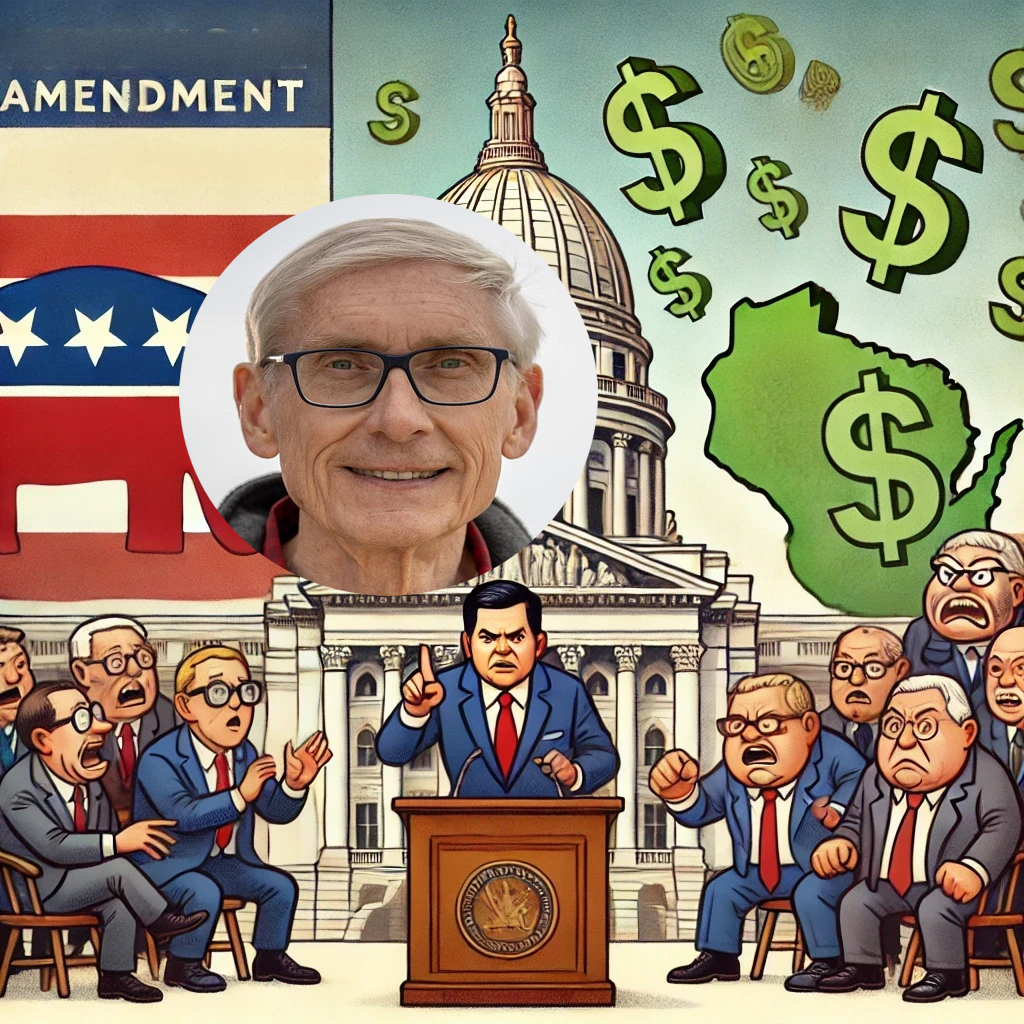Wisconsin Republicans are pushing for constitutional amendments to limit the governor’s power to unilaterally spend federal money, a move driven by frustrations over how Democratic Governor Tony Evers allocated billions of dollars during the COVID-19 pandemic. This effort reflects the broader political tensions in Wisconsin, where gerrymandering has significantly influenced the state’s political landscape.
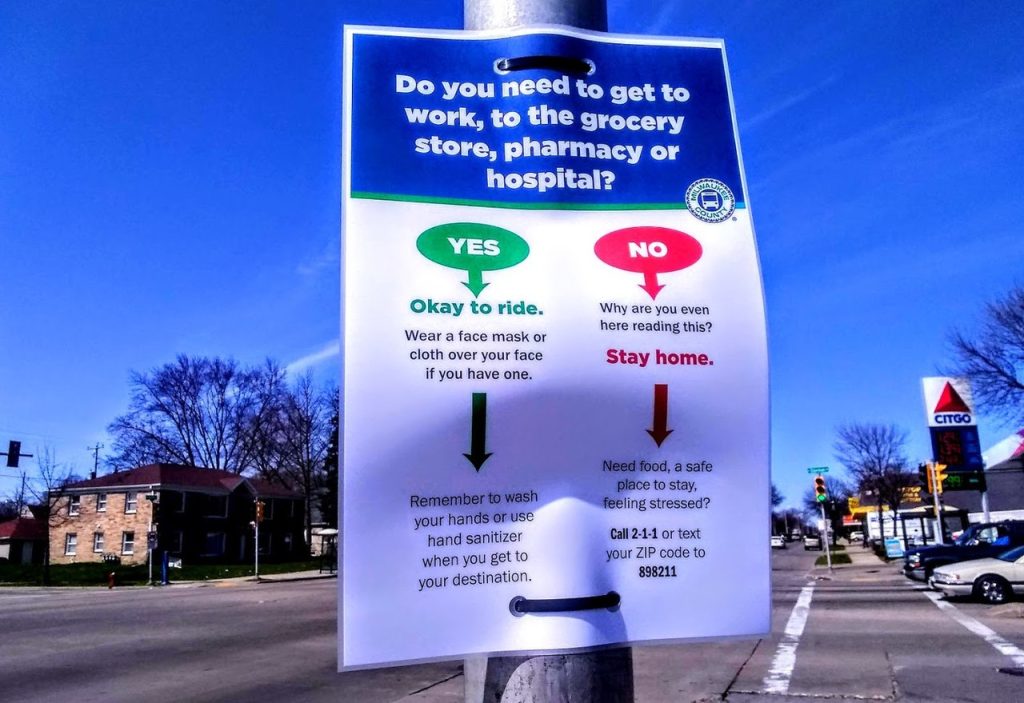
During the pandemic, Evers directed most of the federal aid towards small businesses and economic development, decisions that angered Republicans who felt the Legislature should have had oversight. In response, Republicans have proposed two constitutional amendments that would require legislative approval for any federal funds without specific spending guidelines.
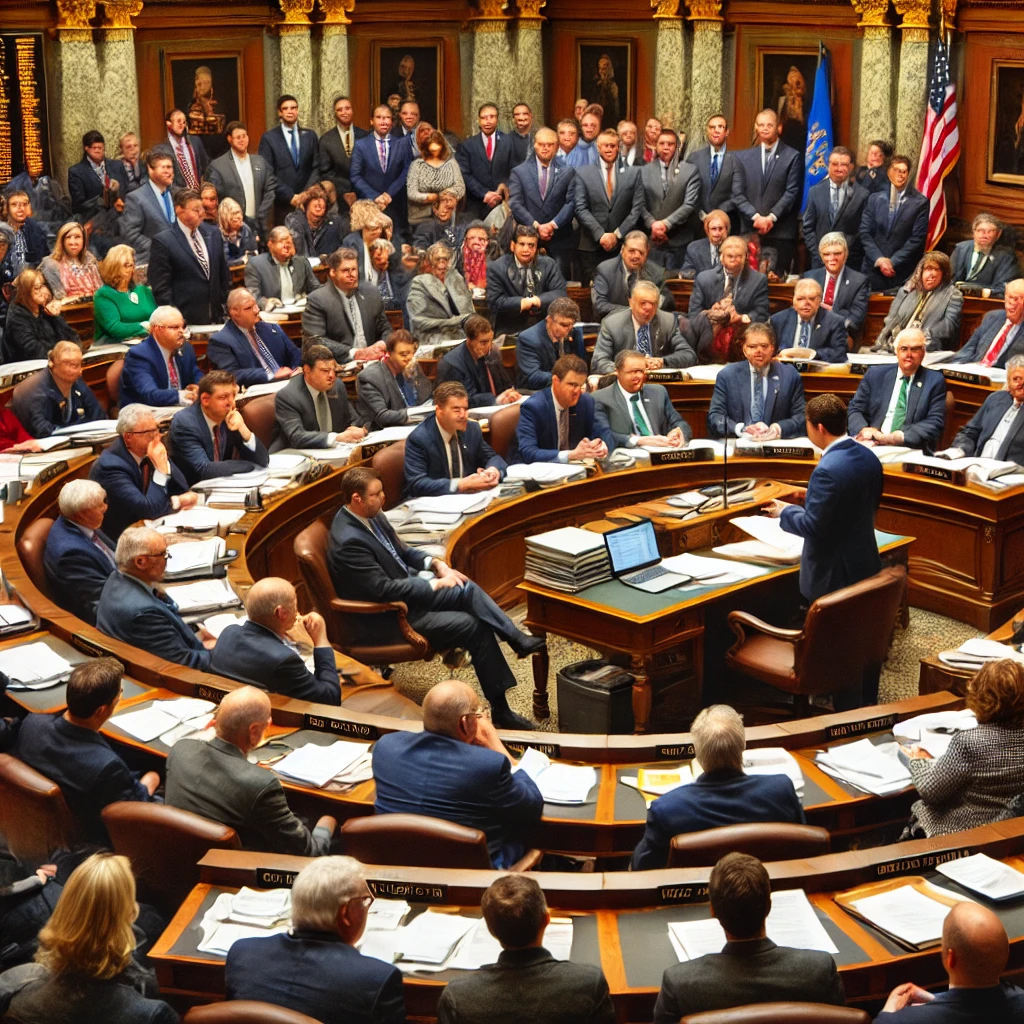
These amendments, which passed the GOP-controlled Legislature twice as required by law, will be on the ballot for voter approval in the August 13 primary election. If passed, they would apply to Evers and future governors, restricting their ability to respond swiftly to emergencies with federal funds.

Opponents, including Democrats and various liberal organizations, argue that these measures are a legislative power grab that would impede the governor’s ability to act quickly in times of crisis. They emphasize the need for the governor to retain flexibility in handling emergencies such as natural disasters or economic downturns.
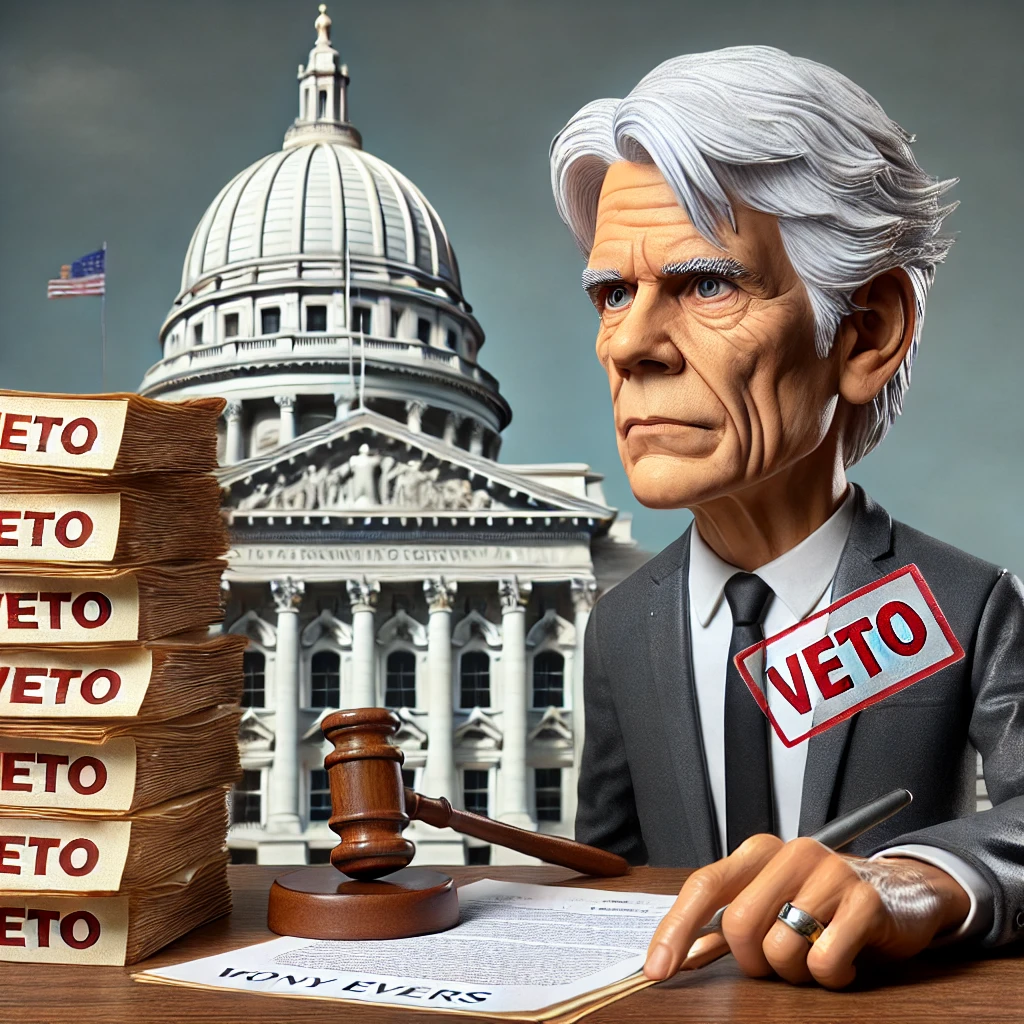
The amendments are part of a broader strategy by Wisconsin Republicans to circumvent Evers’ vetoes. Midway through his second term, Evers has vetoed more bills than any other governor in Wisconsin’s history. In recent elections, Republicans have increasingly turned to constitutional amendments to bypass the governor’s veto power.
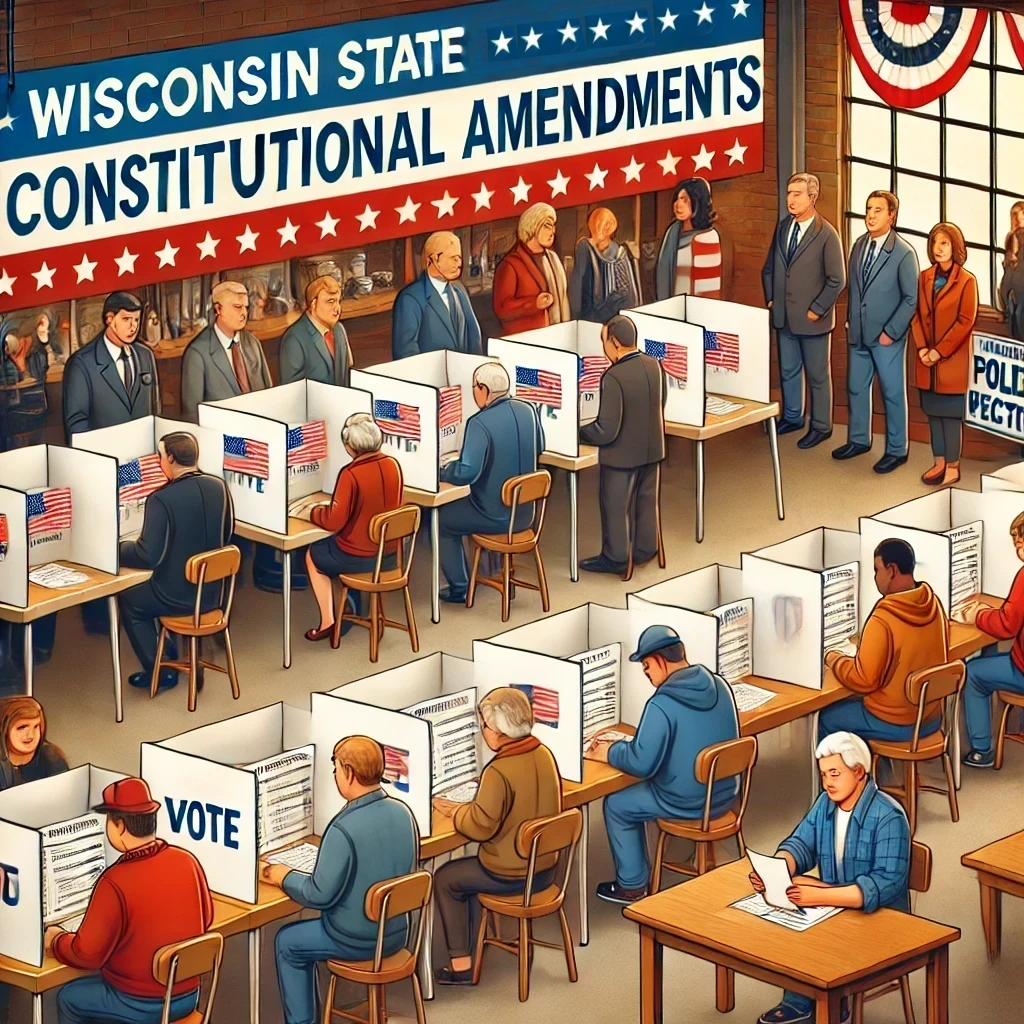
In April, voters approved amendments to bar the use of private money for election administration and to affirm that only election officials can work at the polls. Another amendment on the November ballot seeks to ensure that only U.S. citizens can vote in local elections.
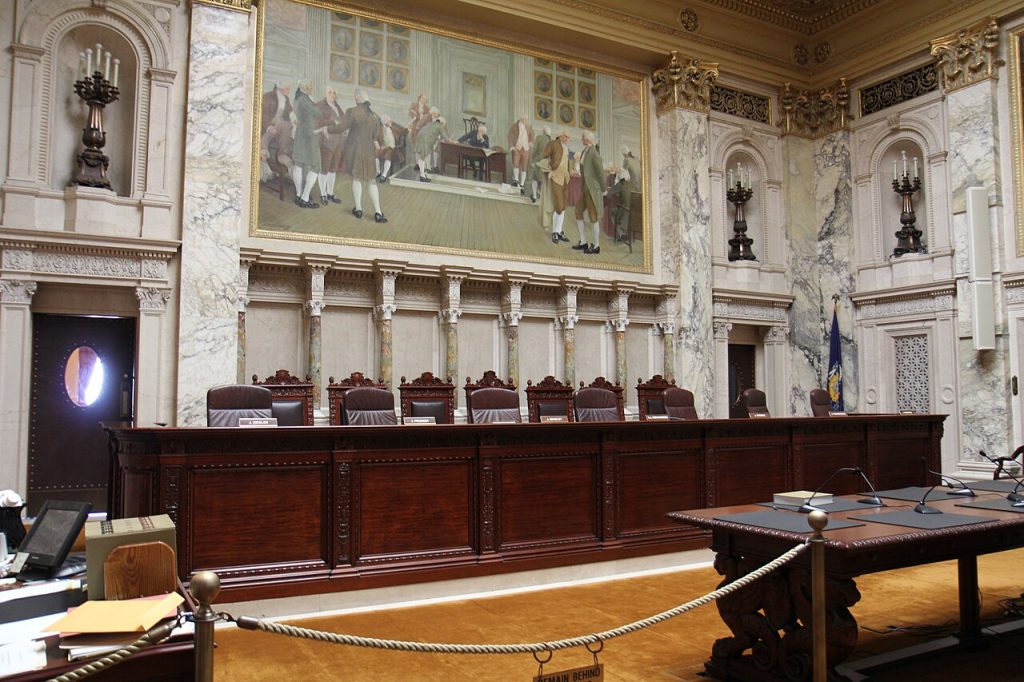
The proposed spending power amendments also highlight ongoing disputes over legislative authority in Wisconsin. Recently, Evers won a case in the Wisconsin Supreme Court challenging the Legislature’s budget committee’s control over conservation program spending.
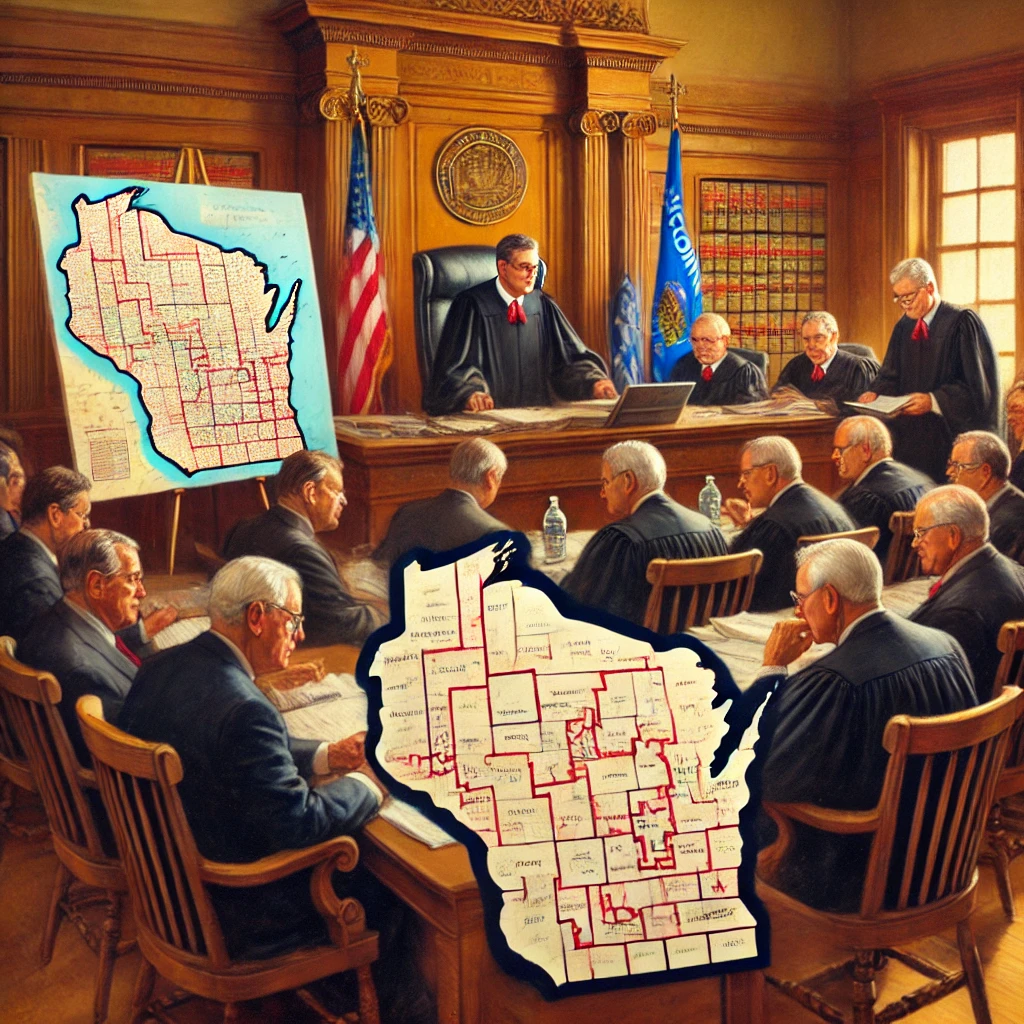
Wisconsin has a history of gerrymandering, with district maps heavily favoring Republicans. These maps have been criticized for creating uncompetitive districts that do not reflect the state’s actual political makeup. In December 2023, the Wisconsin Supreme Court, which recently gained a liberal majority, ruled that the current maps violated constitutional requirements and ordered new maps to be drawn. These new maps are expected to make legislative races more competitive and give both parties a fairer chance to win seats.

The political battle over gerrymandering and the governor’s spending power underscores the deep partisan divide in Wisconsin. As the state prepares for the August primary, the outcome of these proposed amendments could significantly impact the balance of power between the governor and the Legislature.

The fight over the governor’s spending power and gerrymandering in Wisconsin illustrates the ongoing struggle for political control in a deeply divided state. As voters head to the polls in August, the decisions they make will have lasting implications for how federal funds are managed and how fair and representative the state’s legislative districts will be.

